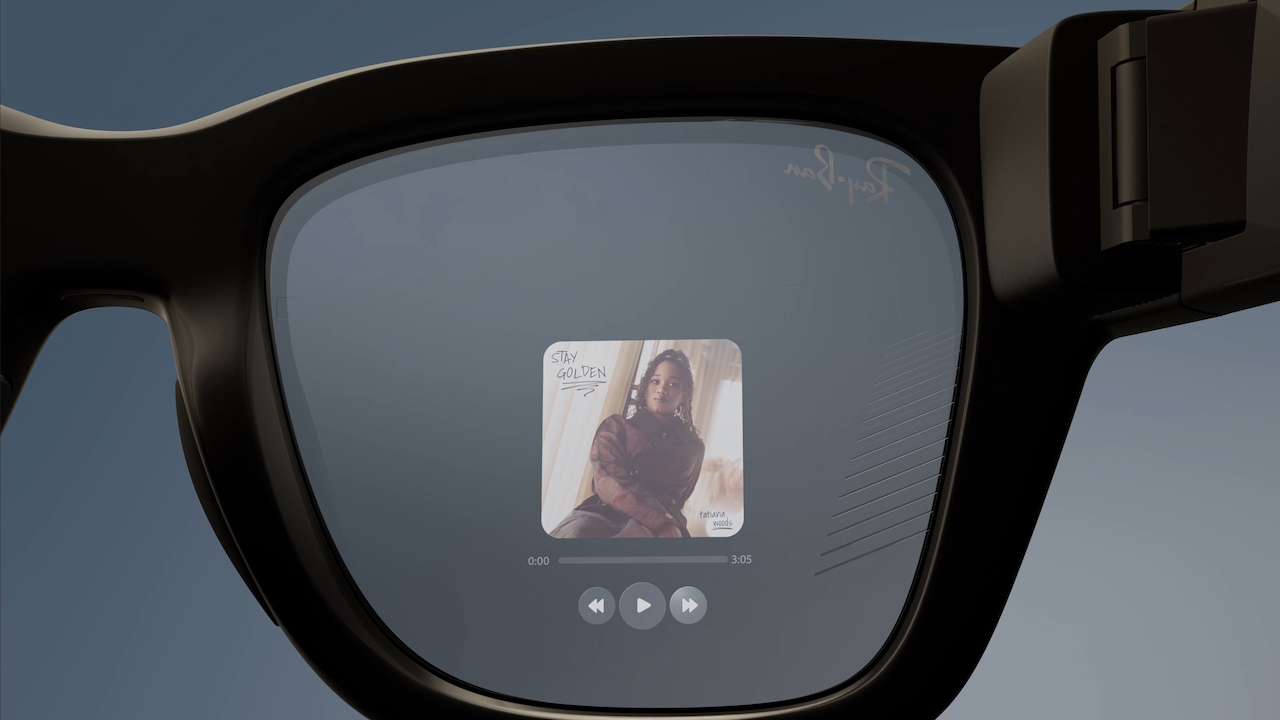Meta Unveils Ray-Ban Meta Display: First Smart Glasses With Built-In AI Lens

Introduction
Meta has launched its highly anticipated Ray-Ban Meta Display smart glasses, marking a major milestone in the convergence of wearable technology and artificial intelligence[1]. With an integrated lens display, these glasses represent a new stage in hands-free AI interaction—potentially reshaping how consumers interact with digital content on the go.
A Leap Forward in AR-AI Integration
Announced at Meta Connect 2025, the Ray-Ban Meta Display smart glasses are the first in the company's product line to feature an embedded micro-display within the lens. Starting at approximately $799, the initial models will launch at the end of September 2025[1]. This innovation builds on previous Ray-Ban Meta sunglasses, but now adds an intuitive augmented reality (AR) layer, offering contextual information, real-time translation, and guided navigation directly in the user's field of view.
"We're bringing AI assistance into your everyday vision—no phone, no watch, no interruptions," said Mark Zuckerberg, CEO of Meta, during the keynote[1]. The display supports dynamic overlays triggered by voice, gesture, or objects detected by on-board computer vision and Meta’s proprietary AI agent.
Everyday Use and Social Impact
Meta’s smart glasses are designed for a broad range of uses: from capturing spontaneous photos and videos, to receiving contextual updates as you walk or drive, and even instant messaging through built-in microphones and miniature speakers. AI-powered privacy settings aim to ensure user control over what data is captured and shared, directly addressing rising concerns over surveillance and consent in wearable AR devices[1].
Initial reviews highlight impressive design, comfort, and seamless integration between digital and physical worlds. However, experts predict adoption will depend on how well the glasses deliver real day-to-day utility, and whether Meta can overcome privacy and social acceptance hurdles in public settings.
Industry Implications and Future Outlook
The launch places Meta at the forefront of consumer AR-AI innovation, challenging existing players such as Apple and Snap. Should the Ray-Ban Meta Display gain traction, it could normalize hands-free, AI-driven interaction in workplaces, commuting, retail, and entertainment. Analysts note that widespread success could accelerate adoption of AR devices globally, but also heighten regulatory scrutiny on user data and social impacts.
According to market researcher IDC, the global AR smart glasses market could double in value by 2027, driven by advances like Meta’s new device[1]. "The leap from camera-equipped eyewear to full AI displays is a defining moment—if consumers embrace the utility,” says IDC analyst Clara Rees.
How Communities View Ray-Ban Meta Display Smart Glasses
Meta’s unveiling has sparked lively debate across X/Twitter and Reddit’s r/Futurology and r/augmentedreality subreddits. The discussion centers on the balance between innovation, privacy, and everyday usefulness:
-
Excitement About Seamless AR Integration (45%): Many tech enthusiasts, such as @alexwsmith and r/augmentedreality users, praise Meta for pushing AR and AI into mainstream accessories. Comments highlight the possibility for "invisible computing" and the end of screen dependency.
-
Privacy and Surveillance Concerns (35%): Users like @ethicsbydesign and posters in r/privacy worry about potential misuse—especially around public filming and data sharing. Some industry experts, including AI ethicist Timnit Gebru, have commented on the need for robust opt-in systems and clear visual recording indicators.
-
Skepticism Over Utility vs. Hype (20%): A third group, notably @harvardai and r/gadgets posters, question whether the glasses offer practical value beyond tech novelty. They cite battery life, display visibility in sunlight, and real-world app support as potential hurdles.
Overall, public sentiment is cautiously optimistic, leaning positive among early adopters but reserved in broader circles due to privacy fears and skepticism over utility. Mark Zuckerberg’s keynote has been widely shared, but analysts and ethicists are closely watching both adoption rates and regulatory reactions.